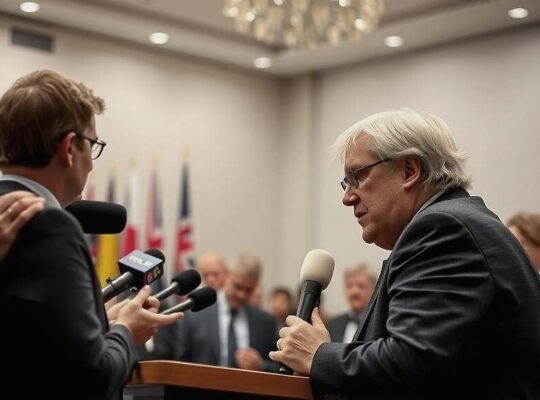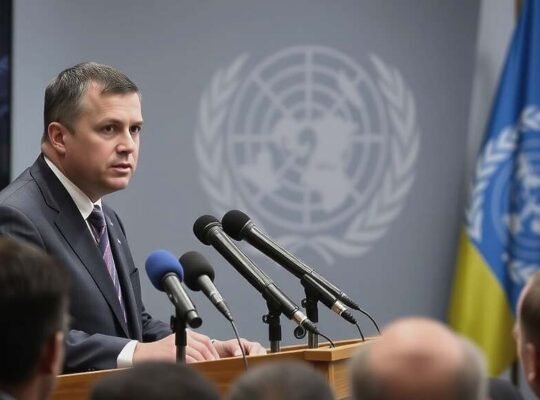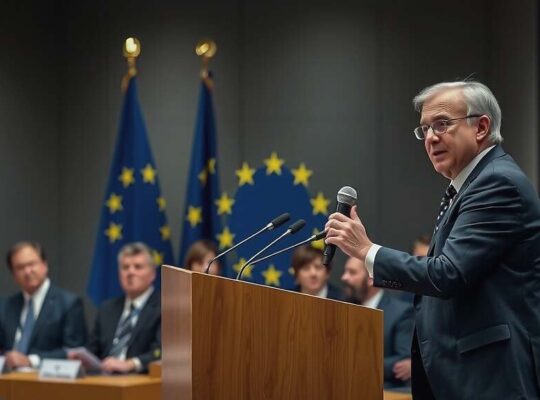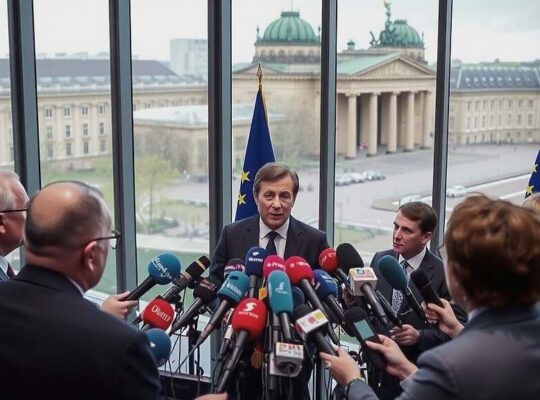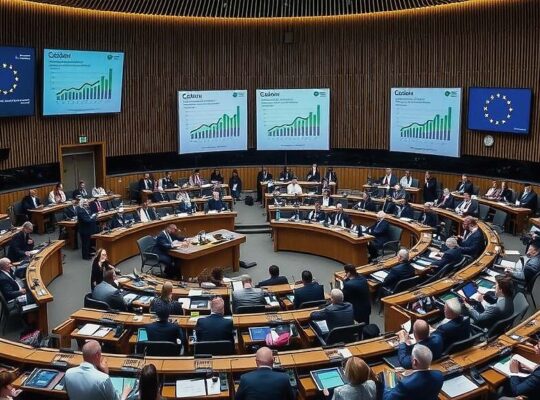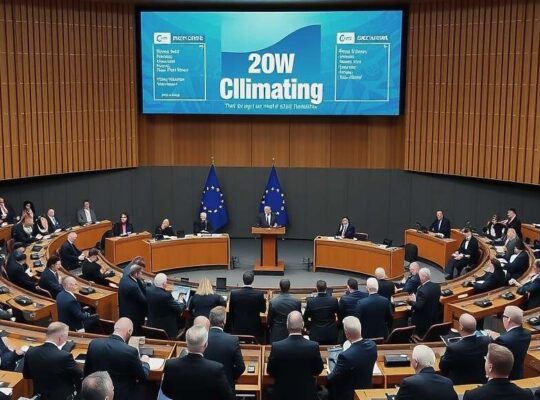The conclusion of the United Nations climate conference in Belém has exposed a significant rift within the international community and revealed the persistent influence of fossil fuel interests on global climate action. Despite strenuous efforts by the European Union, a binding commitment to a clear timeline for phasing out fossil fuels was conspicuously absent from the final agreement.
The adopted resolution, presented on Saturday, avoids direct mention of fossil fuels, opting instead for a generalized call for a transition within energy systems. While reaffirming the urgent need for drastic reductions in global greenhouse gas emissions, the document lacks the concrete steps necessary to achieve meaningful progress.
EU Climate Commissioner Wopke Hoekstra acknowledged the disappointment felt within the bloc, stating that while the compromise was ultimately supported, the ambition level fell short of what was hoped for. Germany and other European nations had championed a bolder approach, advocating for concrete measures to curtail greenhouse gas emissions and a definitive commitment to move beyond coal, oil and gas. However, resistance from nations including China, India and crucially, oil-producing states like Saudi Arabia and Russia effectively stalled these efforts.
Federal Environment Minister Carsten Schneider (SPD) directly accused oil-producing nations of actively obstructing ambitious climate resolution. He expressed significant disappointment regarding this blockade, criticizing the undue influence of the petroleum industry on the proceedings. Further, Schneider voiced concern that developing nations, those most vulnerable to the impacts of climate change, did not consistently challenge the positions adopted by these powerful economic interests. He specifically noted an expectation for a more forceful voice from island nations and African countries, whose continued vulnerability demands stronger advocacy for drastic action.
The failure to secure a firm commitment on fossil fuel reduction raises serious questions about the future trajectory of global climate diplomacy and underlines the ongoing challenges in uniting the international community behind a shared vision for a sustainable future. The incident highlights a persistent power dynamic where economic advantages override environmental necessity, potentially jeopardizing the objectives enshrined in the Paris Agreement and leaving vulnerable populations at increased risk.



